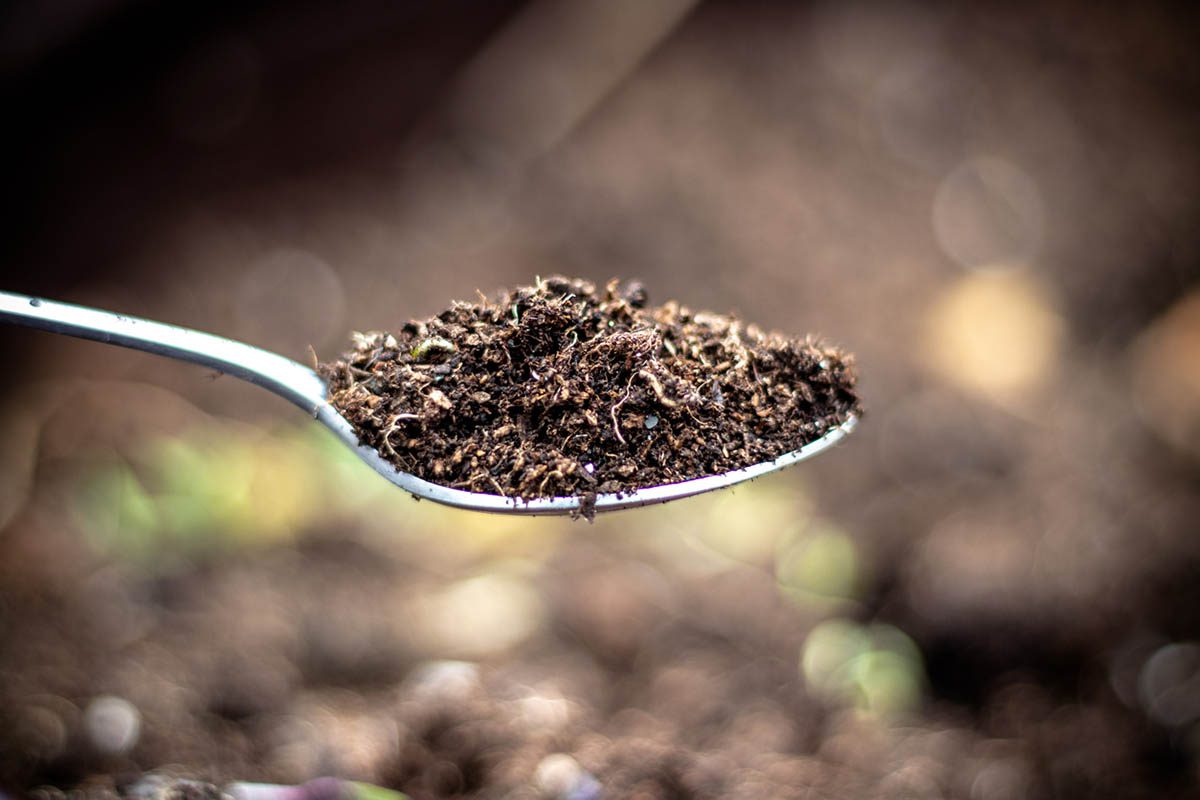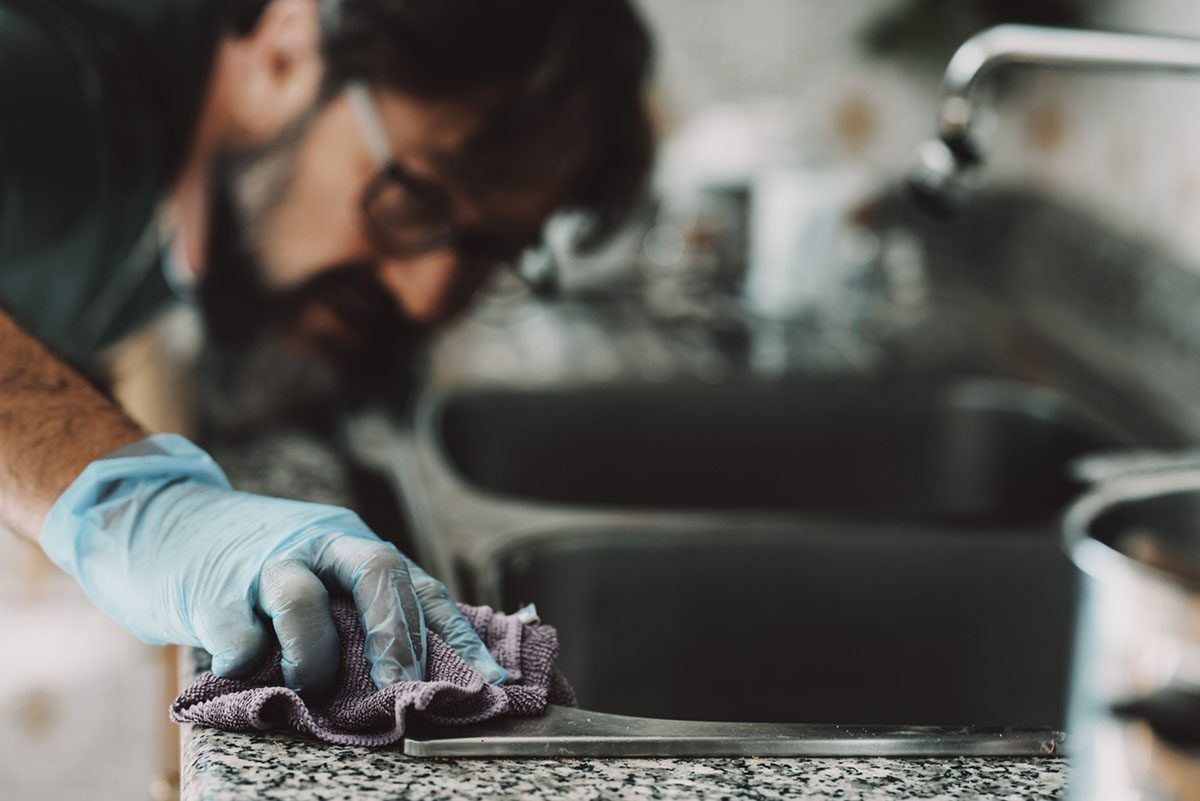
Prim Care Companion CNS Disord 2021;23(6):21cr03063
To cite: Uvais NA. Obsessive-compulsive disorder following COVID-19 infection. Prim Care Companion CNS Disord. 2021;23(6):21cr03063.
To share: https://doi.org/10.4088/PCC.21cr03063
© Copyright 2021 Physicians Postgraduate Press, Inc.
aDepartment of Psychiatry, Iqraa International Hospital and Research Centre, Calicut, Kerala, India
*Corresponding author: N. A. Uvais, MBBS, DPM, Iqraa International Hospital and Research Centre, Malaparamba, Calicut, Kerala, India 673009 ([email protected]).
The coronavirus disease 2019 (COVID-19) pandemic has become the major cause of mental health burden on communities across the world. The emerging evidence clearly suggests that patients with severe acute respiratory syndrome coronavirus 2 show higher manifestations of various neuropsychiatric symptoms when compared to controls without COVID-19 infection.1 The common psychiatric presentations among patients with COVID-19 are anxiety, depression, posttraumatic stress disorder, insomnia, and delirium.2 The psychiatric symptoms precipitated during COVID-19 infection can persist even after recovery. Recent research3 evaluating psychiatric symptoms among COVID-19 survivors at 1 month following infection showed that > 30% reported anxiety and depression and around 20% reported obsessive-compulsive symptoms. However, obsessive-compulsive disorder (OCD) following COVID-19 infection is rarely reported in the literature. This report provides the case of a 30-year-old man with COVID-19 infection who presented with OCD and psychosis but no prior psychiatric history and in the absence of significant medical or neurologic symptoms.
Case Report
The patient, Mr A, is a 30-year-old man who presented to a community psychiatry clinic near his home for a second opinion regarding his psychiatric symptoms following COVID-19 infection. He was diagnosed with COVID-19 in September 2020 and was treated at a COVID-19–designated treatment facility in his district. His stay in the hospital was uneventful, and he was discharged after testing negative for COVID-19 on the 10th day after admission. After returning home, Mr A’s family observed that he started cleaning his body parts excessively, spending excessive time taking baths and after using the toilet. He also started to do religious washing rituals repeatedly and asked others not to touch his prayer mat as it may get dirty. During the same period, he also expressed worries and multiple bodily complaints. However, a detailed evaluation at the government medical college in the district found no organic causes. He was referred to the psychiatric department of the medical college, and a formal mental status examination report documented obsessions and delusions, with no details regarding the psychopathology as described by the patient. He was provisionally diagnosed with psychosis not otherwise specified, and he was started on oral olanzapine, which was gradually increased to 10 mg/day.
While attending our clinic, Mr A had severe sedation and persisting symptoms, mainly obsessions of dirt and contamination, religious obsessions and compulsive washing behavior, and paranoid ideas related to a faith healer who treated him for his current symptoms. He was premorbidly well adjusted. There was no history of psychiatric illness. There was family history of anxiety disorder in a younger sister. Considering prominent obsessive-compulsive symptoms, he was diagnosed with OCD according to ICD-10 criteria. He was started on oral fluoxetine 20 mg/day, and the dose of olanzapine was reduced to 5 mg/day. He showed significant improvements in all his symptoms within 4 weeks. Three months later, Mr A continued his treatment and remained asymptomatic.
Discussion
This case illustrates an association of OCD with COVID-19 infection in a patient with no history of psychiatric illness. There are reports of worsening of OCD symptoms among diagnosed patients with OCD.4 Research5 has also shown that the prevalence of OCD symptoms increased during the COVID-19 pandemic at a significantly higher rate than pre-pandemic rates. However, at the time of this writing, there are no reports of COVID-19–induced OCD in the published literature.
The psychiatric manifestations of COVID-19 can be seen as biopsychosocial in origin. Along with psychological factors like fear of COVID-19 infection and death, social factors including prolonged social isolation, financial stress, job loss, and biological factors might also play a key role in inducing psychiatric disorders in patients with COVID-19. The pathophysiology of COVID-19–induced OCD in Mr A is unclear. A possible mechanism may involve the direct neuronal injury by the virus on brain areas including the forebrain and basal ganglia.2 Functional imaging studies have consistently shown that abnormalities in cortico-basal ganglia-thalamocortical loops are causally related to OCD.6 Another possible mechanism could be related to immune system activation and its effect on the central nervous system. Increased neuroinflammation associated with COVID-19 could be a precipitating factor for OCD in the case of Mr A, as OCD is shown to be associated with low-grade inflammation and neuroinflammatory changes in the brain.7 Microglial activation following COVID-19 infection can be another potential etiologic factor.8
In conclusion, new-onset OCD among survivors of COVID-19 is not reported in the published literature. The pathophysiology of this association is yet to be discerned. Well-conducted prospective research is required to look at the incidence of new-onset OCD in patients with COVID-19 infection and survivors and its course.
Published online: December 2, 2021.
Potential conflicts of interest: None.
Funding/support: None.
Patient consent: Consent was received from the patient to publish the case report, and information has been de-identified to protect anonymity.
References (8)

- Guo Q, Zheng Y, Shi J, et al. Immediate psychological distress in quarantined patients with COVID-19 and its association with peripheral inflammation: a mixed-method study. Brain Behav Immun. 2020;88:17–27. PubMed CrossRef
- Banerjee D, Viswanath B. Neuropsychiatric manifestations of COVID-19 and possible pathogenic mechanisms: insights from other coronaviruses. Asian J Psychiatr. 2020;54:102350. PubMed CrossRef
- Nakamura ZM, Nash RP, Laughon SL, et al. Neuropsychiatric complications of COVID-19. Curr Psychiatry Rep. 2021;23(5):25. PubMed CrossRef
- Jelinek L, Moritz S, Miegel F, et al. Obsessive-compulsive disorder during COVID-19: turning a problem into an opportunity? J Anxiety Disord. 2021;77:102329. PubMed CrossRef
- Abba-Aji A, Li D, Hrabok M, et al. COVID-19 pandemic and mental health: prevalence and correlates of new-onset obsessive-compulsive symptoms in a Canadian province. Int J Environ Res Public Health. 2020;17(19):6986. PubMed CrossRef
- Maia TV, Cooney RE, Peterson BS. The neural bases of obsessive-compulsive disorder in children and adults. Dev Psychopathol. 2008;20(4):1251–1283. PubMed CrossRef
- Gerentes M, Pelissolo A, Rajagopal K, et al. Obsessive-compulsive disorder: autoimmunity and neuroinflammation. Curr Psychiatry Rep. 2019;21(8):78. PubMed CrossRef
- Frick L, Pittenger C. Microglial dysregulation in OCD, Tourette syndrome, and PANDAS. J Immunol Res. 2016;2016:8606057. PubMed CrossRef
Enjoy this premium PDF as part of your membership benefits!





